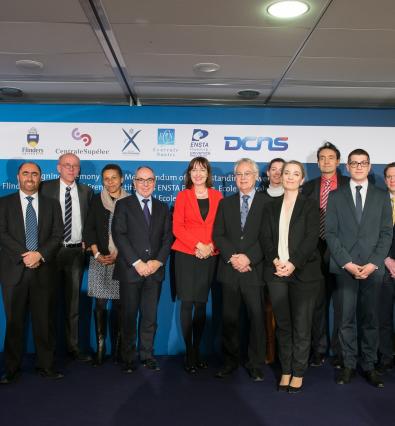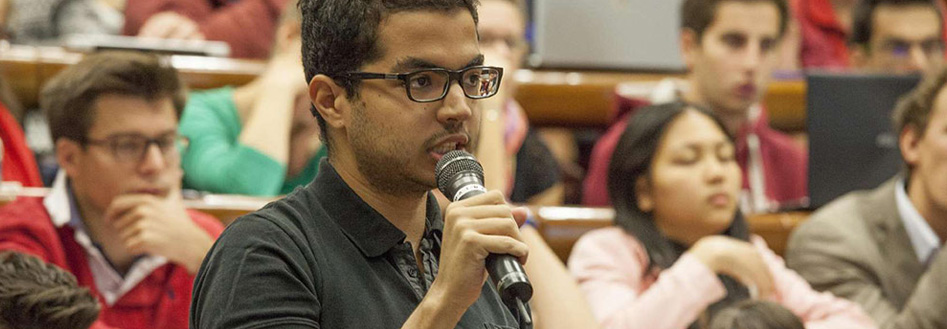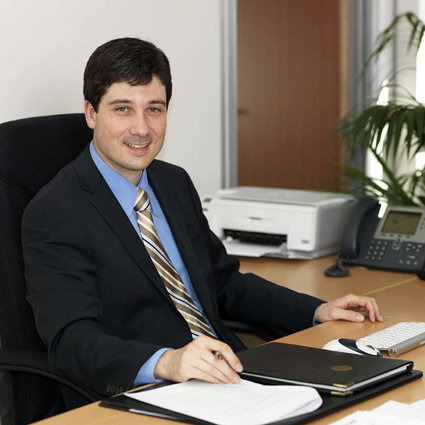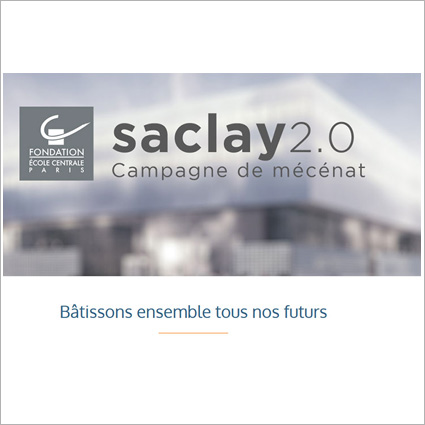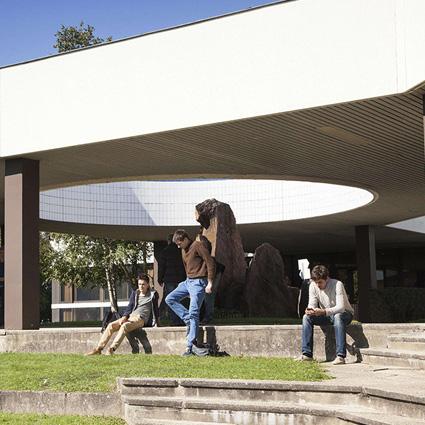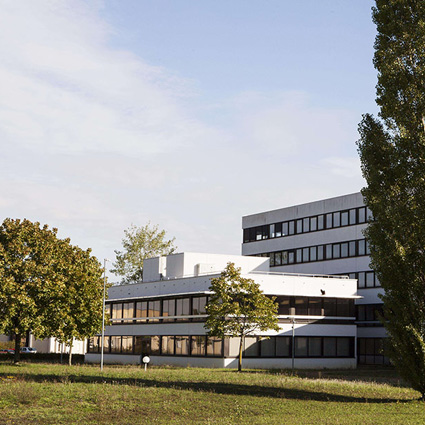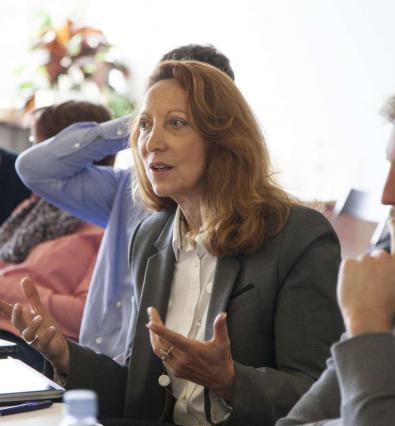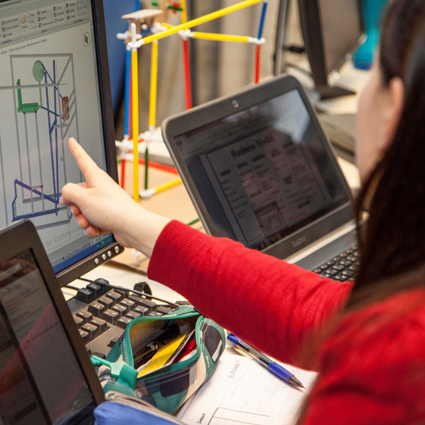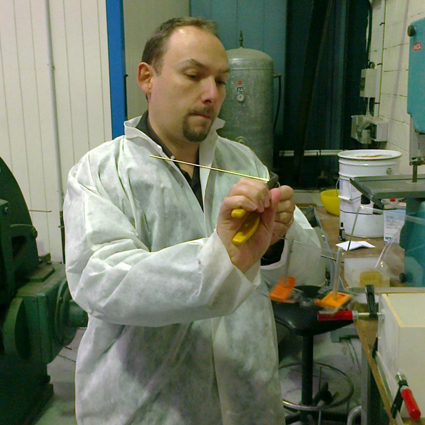To become one of the best scientific institutions in the world, CentraleSupélec has developed its presence in the major countries of the future in order to meet the growing demand of highly qualified engineering companies:
École Centrale Beijing
In 2005, Écoles Centrale Group, together with Beihang University (Beijing University of Aeronautics and Astronautics), created École Centrale Beijing. This initiative brings together the broad-based, international and business-oriented École Centrale education to Beihang’s high academic standards. Écoles Centrale Group thus became the first French Engineering Grande École group to export its excellence and teaching model abroad.
École Centrale Beijing offers a six-year program to train high-level generalized, versatile and trilingual engineers. After intensive language training, students spend two years completing Preparatory Classes before entering the three remaining years of the Engineering program, recognized by the French Commission for Engineering degrees.
École Centrale Beijing has signed privileged partnership agreements within the business world, a lever for it to develop economic links between France and China by providing general, bicultural engineers for employment.
Beyond initial training and close relationships with industry, the school has a strong culture of research. It collaborates closely with Beihang University on specific research projects.
Mahindra École Centrale
In 2014, a new École Centrale opened in India: Mahindra École Centrale (MEC).
Mahindra École Centrale is a private teaching institution created by CentraleSupélec with Mahindra Educational Institutes (Mahindra Group) in partnership with the Jawaharlal Technological University. The school is located on the Bahadurpally campus of Tech Mahindra in Hyderabad.
The Engineering program leads to the award of a Bachelor degree, an Indian national diploma. The first two years are modeled on the first two years of Preparatory Classes to French Grandes Écoles. Introductory lessons in engineering are progressively integrated with management and creativity lessons in the third year. The final two years enable students to specialize, either in Mechanical Engineering, IT and Logistics Engineering, Electrical Engineering or Civil Engineering.
The teaching methodology is inspired by CentraleSupélec’s own methodology, with lessons adopting a systemic approach, activities dedicated to developing skills including leadership, creativity, teamwork and a real openness to the world of business and the world via student exchanges, internships and participation of international professionals and instructors.
Ecole Centrale Casablanca
Opening a third international school École Centrale Casablanca in 2015
Developed on the Écoles Centrale model, École Centrale Casablanca’s three-year post-Preparatory Class Engineering program leads to the award of a Moroccan national diploma.
During the first year, students complete a joint series of modules of the program, common to every option. Students are encouraged to go abroad for a semester to study with a partner school or university, or work in a company within the network. For those who wish to explore the international dimension further, or gain a long-term professional experience, the school gives them the opportunity to complete a placement year at the end of the 2nd year.
Over the course of the 3rd year, students gain sectorial specialization and discover careers. The program ends with a six-month internship, and an end-of-studies project that supports their evolution towards the world of work.
Alongside its engineering program, École Centrale Casablanca also offers a Specialized Master’s degree in Leadership and Innovative Projects, aiming at training high-level professionals with the skills to manage complex projects.
Centrale Casablanca aims at becoming a pan-African hub of higher education, fully integrated in the West African, French-speaking entrepreneurship ecosystem. Centrale Casablanca opens the doors of the international network of other Écoles Centrale and to the best scientific research in the world. Its objective is to train today the African elites of tomorrow.
























































